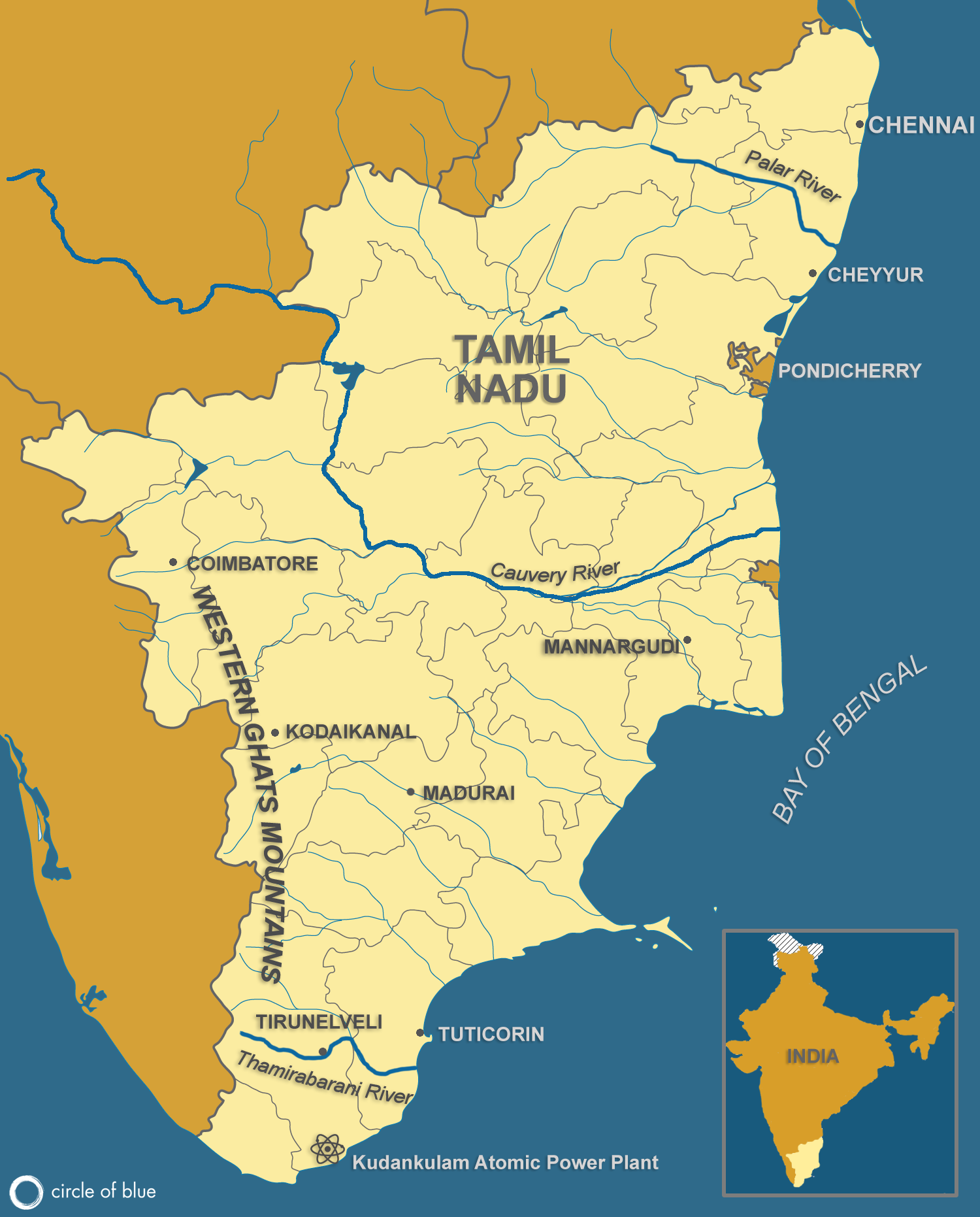
Tamil Nadu’s Position and National Implications Tamil Nadu, located in southern India, plays a significant role in the country’s political, economic, and cultural landscape. Its distinct geographical location and socio-cultural heritage have shaped its unique position and national implications. Geographical Significance * Tamil Nadu shares borders with three other states and the Bay of Bengal to the east. * It is home to some of India’s major ports, such as Chennai and Tuticorin, which serve as gateways for international trade and investment. * Its strategic location has made it a hub for defense and security activities. Economic Importance * Tamil Nadu is one of the most industrialized states in India, contributing significantly to the national GDP. * It is home to major industries such as textiles, automobiles, and pharmaceuticals. * Its strong infrastructure and skilled workforce make it an attractive destination for foreign investment. Political Influence * Tamil Nadu has a strong regional political identity and has been a bastion of the Dravidian movement. * It has a vibrant political landscape with numerous regional parties. * The state’s political leaders have played a key role in shaping national policies and coalition governments. Cultural Impact * Tamil Nadu is known for its rich cultural heritage, including its ancient Tamil language, traditional arts, and music. * The state’s cultural influence extends beyond its borders, with Tamil literature, cinema, and dance gaining popularity across India and abroad. * Its cultural diversity contributes to the national unity and sense of identity. National Implications * Tamil Nadu’s economic prowess and geographical location make it a key player in India’s growth and development. * Its political influence ensures that regional perspectives are represented at the national level. * Its cultural heritage enriches the nation’s identity and fosters a sense of unity amidst diversity. Challenges and Opportunities * Tamil Nadu faces challenges such as water scarcity, unemployment, and environmental degradation. * It has the potential to overcome these challenges through innovative policies and sustainable development practices. * By harnessing its strengths and addressing its weaknesses, Tamil Nadu can continue to play a vital role in India’s economic, political, and cultural future. Conclusion Tamil Nadu’s unique position and national implications stem from its geographical significance, economic importance, political influence, cultural impact, and the challenges and opportunities it faces. As a key player in India’s development and prosperity, the state continues to contribute to the nation’s overall well-being and shape its destiny.Tamil Nadu CM Slams NEET Scam, Vows to Uphold Education IntegrityTamil Nadu CM Slams NEET Scam, Vows to Uphold Education Integrity Tamil Nadu Chief Minister and DMK leader MK Stalin has condemned the National Eligibility cum Entrance Test (NEET) scam, emphasizing the state government’s commitment to maintaining the integrity of education. In a speech at the Jawaharlal Nehru Indoor Stadium in Chennai, Stalin denounced the negative impact of NEET on the education system. He reaffirmed Tamil Nadu’s stance as the first state to challenge its validity. “Education is invaluable, but scams like NEET continue to plague it,” Stalin said. “Tamil Nadu has taken the lead in exposing its fraudulent nature, which is now echoed nationwide. We will eradicate it as our responsibility.” Meanwhile, Union Education Minister Dharmendra Pradhan has assured NEET candidates that fairness will be maintained in the examination process. In a recent development, the Centre has withdrawn deferral marks for 1,563 NEET-UG 2024 candidates, aiming to ensure impartiality in the exam.
Amidst the ongoing language row in Tamil Nadu, wherein protests against Hindi imposition have intensified, a deeper analysis reveals the implications for both the state and the nation. Tamil Nadu’s unwavering stance stems from historical and cultural reasons. The state has been a bastion of the Dravidian movement, which advocates for the preservation and promotion of Dravidian languages and cultures. The perceived threat of Hindi imposition is seen as an attack on the state’s unique identity. The national implications of this situation cannot be understated. India is a diverse country with 22 official languages, and any attempt to promote one language over others could create divisions and fuel linguistic tensions. The government’s “three-language formula,” which encourages the study of Hindi, English, and a regional language, is meant to foster national unity, but it has faced resistance in non-Hindi speaking states. The language debate in Tamil Nadu has brought to the forefront the need for inclusivity and respect for linguistic diversity. It is crucial for the central government to engage in dialogue with the state to address their concerns and find a solution that respects both Tamil Nadu’s cultural heritage and the broader interests of the nation. Failure to do so could lead to further alienation and division, undermining the fabric of Indian unity. It is imperative that the central and state governments work together to find a mutually acceptable solution that preserves linguistic diversity and promotes national harmony.
Posted inNews